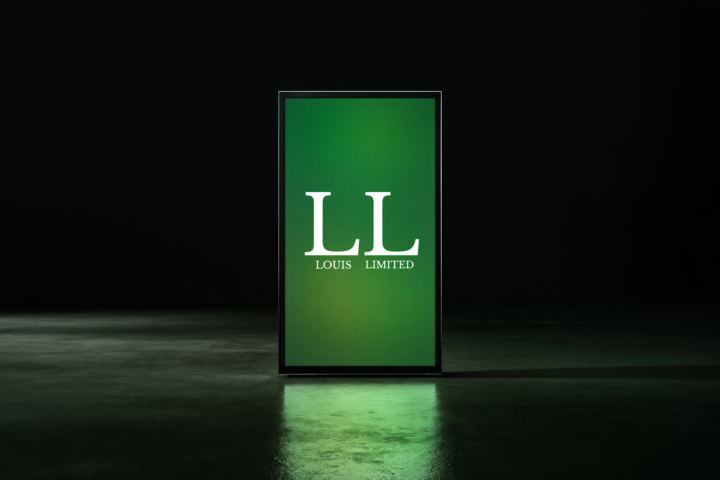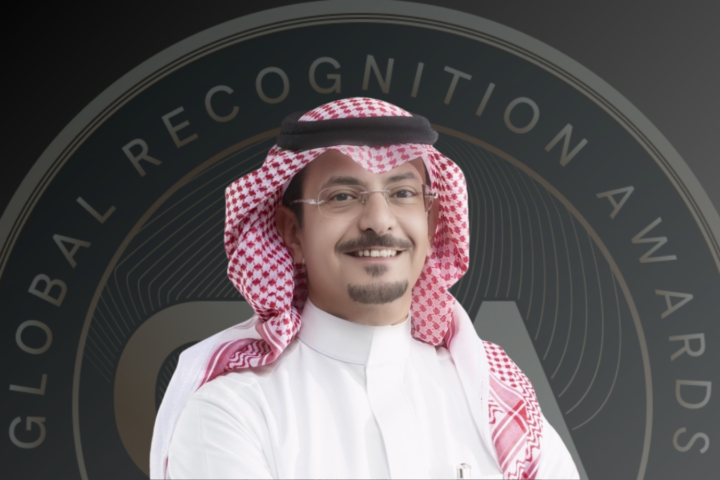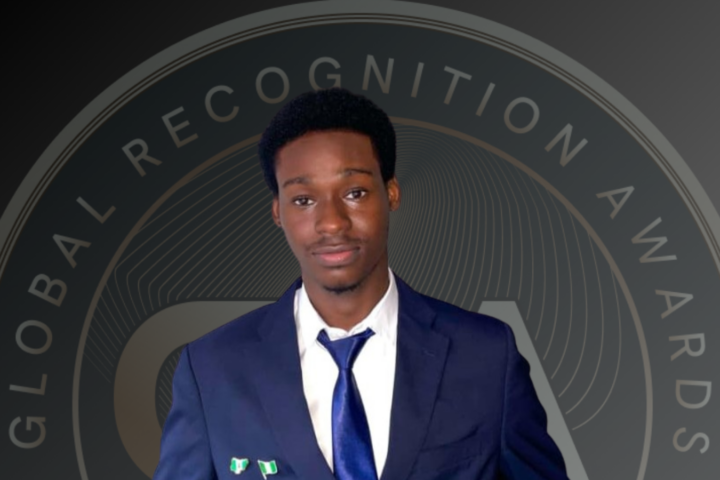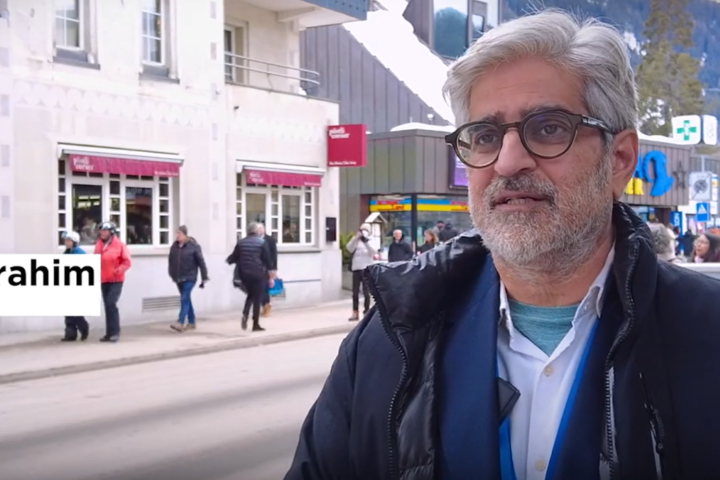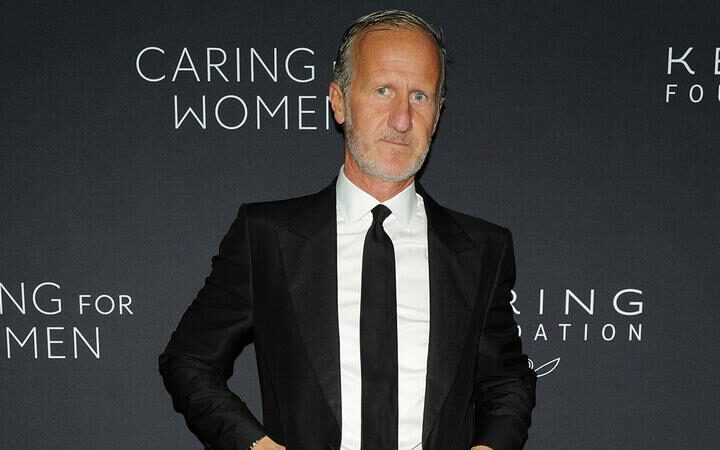Creating genuine dialogue in a large petrochemical complex requires more than good intentions—it demands a systematic dismantling of entrenched communication patterns that have calcified across departments, divisions, and professional hierarchies. Dr. Sharif Abdunnur spent nearly a year changing how 60 professionals at a leading petrochemical company approached conflict, not by lecturing them about listening, but by guiding them through experiences that made avoidance untenable and constructive resolution inevitable. The work, which earned him recognition in the 2025 Global Recognition Awards, produced measurable behavioral shifts that extended well beyond the training room, rippling through one of the Middle East’s largest petrochemical facilities and resulting in quantifiable improvements in how people interacted with each other when disagreements arose.
Between November 2024 and September 2025, Abdunnur designed and facilitated a three-cohort initiative that directly reached 12 percent of a department’s workforce while influencing over 65 percent indirectly, through what participants and managers described as cultural shifts in organizational dialogue. The program utilized the Thomas-Kilmann Conflict Mode Instrument for self-awareness assessment, the Harvard Negotiation Model for structured problem-solving, and gamified simulations, including “The Perspective Switch” and “The Root Cause Maze,” to activate empathy and systemic thinking among participants from diverse professional backgrounds.
Abdunnur holds a doctorate in philosophy of communication and has taught at more than ten universities across Lebanon, the United Kingdom, and Switzerland over two decades, currently serving as an associate professor at Yeditepe University in Istanbul while maintaining roles as a senior facilitator with Informa Connect Academy and other consulting organizations throughout the Middle East and MENA region. The evaluation framework used by the awards organization employed the Rasch model, which creates linear measurement scales for precise comparisons across different areas of excellence. The results demonstrated performance across multiple teaching and mentoring dimensions that reflected Abdunnur’s comprehensive approach to organizational change.
Measured Outcomes and Participant Response
Participants achieved knowledge gains of 40 percent to 60 percent on pre- and post-assessments, with several individuals demonstrating 90 percent improvement in comprehension and conflict-handling confidence throughout the facilitation process. The trainer’s effectiveness was scored 9.9 out of 10, while engagement and interactivity received perfect 10 ratings from participants who described the dynamic and inclusive nature of each session. Content relevance reached 9.8 out of 10, and the Net Promoter Score ranged from 9.6 to 10, with every participant indicating they would attend future programs with Abdunnur because of the lasting impact his facilitation had on their professional capabilities.
Bilingual facilitation in Arabic and English ensured cultural resonance across diverse professional backgrounds, creating an environment where every participant could engage authentically with the material and with each other, regardless of their primary language or cultural context. The petrochemical company’s human resources department reported a 20-25 percent reduction in interpersonal conflict escalations within three months of program completion, demonstrating an immediate, practical impact. Cross-departmental communication improved measurably while decision cycles accelerated and problem-solving approaches became more collaborative as teams learned to apply the tools and frameworks introduced during the training sessions.
Participants independently launched internal Listening Circles and Peer Dialogue Hubs, extending facilitation practices beyond the original classroom setting and creating sustainable mechanisms for ongoing organizational development that required no additional external intervention. Management observed tangible improvements in meeting dynamics, team morale, and cross-functional harmony while describing the initiative as one of the most meaningful learning interventions the company had undertaken throughout its operational history. One delegate wrote that “pausing to listen and understand before responding had improved relationships at work and home”, demonstrating the reach of the behavioral changes Abdunnur facilitated through his carefully designed program structure.
Facilitation Philosophy and Practical Application
Another participant from the operations division noted that “the program changed how conflict was handled, as listening before reacting made team meetings smoother and more productive,” while reducing the emotional intensity that previously characterized difficult conversations. The learning and development manager at the petrochemical company stated that “Abdunnur’s facilitation changed how managers communicate, resulting in calmer dialogue, quicker resolutions, and greater team cohesion” within weeks of program completion. These testimonials reflected a consistent pattern of sustained behavioral change that extended beyond surface-level skill acquisition.
Abdunnur distinguished his approach through what he terms edutainment and neuroscience-driven facilitation, blending analytical models with embodied learning, humor, and storytelling to convert complex behavioral science concepts into practical experiences that participants could immediately apply. Real operational case studies from the petrochemical company’s industrial environment ensured alignment between facilitation design and organizational reality, driving retention and results that persisted after the formal training sessions concluded. His facilitation philosophy centers on one principle that guides every session he conducts: genuine facilitation awakens the collective intelligence of a group rather than simply transmitting information from facilitator to participants in a unidirectional manner.
Abdunnur’s work embodies the International Association of Facilitators’ Core Competencies, encouraging participation, managing group dynamics, guiding consensus, and ensuring alignment with organizational outcomes that meet strategic business objectives. Participants at the petrochemical company received structured tools, including Story Circles, Empathy Mapping, and Reflection Huddles, to build trust and shared vulnerability, creating psychological safety that enabled behavioral change rather than superficial compliance with new communication protocols. The integration of technology allowed Abdunnur to track progress systematically while adapting his approach based on real-time feedback from participants who engaged with digital assessment tools throughout the program.
Broader Impact and Recognition
The frameworks Abdunnur created at the petrochemical company have been adapted for use across other divisions and departments within the organization, extending the program’s reach beyond its original scope. Recognition for teaching excellence came through formal awards and the organic spread of his methodologies as participants became advocates for his approach, recruiting colleagues and requesting additional sessions that would extend the impact throughout the broader organizational ecosystem. Alex Sterling, spokesperson for Global Recognition Awards, observed, “Dr. Sharif Abdunnur’s work demonstrates how facilitation can reshape organizational culture, creating lasting change that extends beyond the initial intervention, while his ability to combine rigorous methodology with genuine human connection sets a standard for corporate education”.
Abdunnur has authored multiple publications on communication and emotional intelligence, serving as a faculty member and professional trainer at organizations throughout the Middle East while maintaining academic positions that enable him to bridge theoretical frameworks with practical applications in corporate environments. His mentoring impact extends across diverse professional backgrounds, with participants advancing their careers and organizational talent development improving measurably through the frameworks and practices he creates within each engagement.
The Active Listening & Conflict Resolution project at the petrochemical company exemplifies how facilitation excellence manifests in corporate environments when scientific precision, cultural sensitivity, and human connection converge to produce measurable outcomes and lasting emotional impact. Participants demonstrated sustained behavioral changes that extended beyond workplace applications into their personal relationships, indicating the depth of change achieved through Abdunnur’s carefully structured facilitation approach, which honored individual growth and collective organizational development while creating environments where communication evolved from workplace necessity into a driver of organizational change that reshaped how people interact, collaborate, and resolve differences across cultural and professional boundaries.



